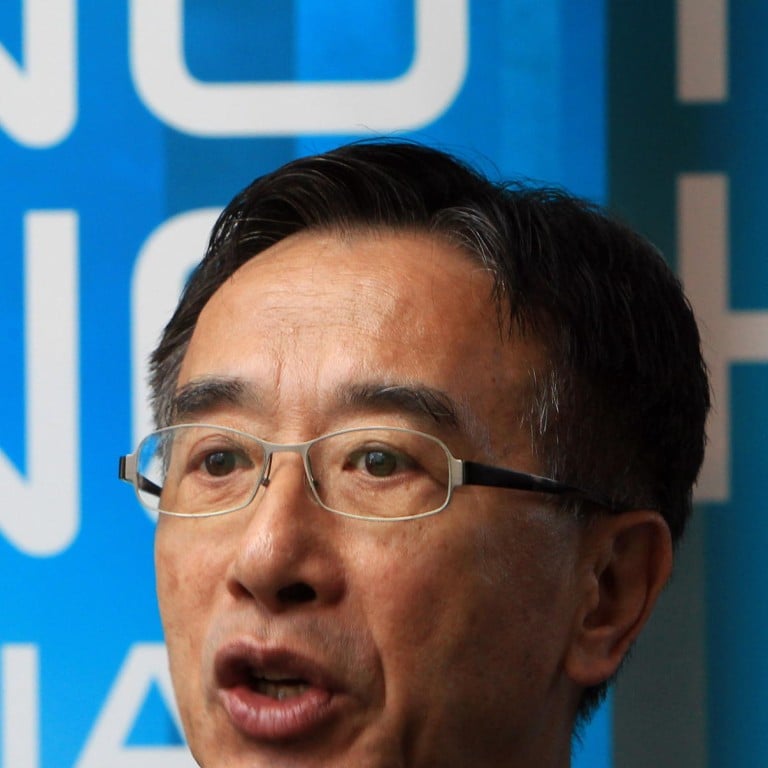
Pan-democrats, FTU co-operate on social policies, study finds
The city's pan-democratic lawmakers showed an overwhelming tendency to work with the pro-Beijing Federation of Trade Unions in pushing through the party's social policy motions in the last Legislative Council year, a study by the South China Morning Post has found.
The city's pan-democratic lawmakers showed an overwhelming tendency to work with the pro-Beijing Federation of Trade Unions in pushing through the party's social policy motions in the last Legislative Council year, a study by the has found.

Political analysts say the trend is the result of other major pro-Beijing parties' reluctance to lend their support to populist and welfarist policies.
It also reflects the FTU's co-operation with the pan-democrats in pursuing such policies they regard as Chief Executive Leung Chun-ying's unfulfilled election pledges, the analysts say.
The 's study found that of the pan-democratic lawmakers' 551 named votes on the 25 motions and amendments put forth by the FTU, 69 per cent were cast in the affirmative.
In contrast, of the other pro-establishment lawmakers' 700 votes on the same motions and amendments, only 29 per cent were in the affirmative.
This was despite these lawmakers sharing similar loyalties with the FTU to the central authorities in Beijing.
In return for the pan-democrats' support, the FTU's six lawmakers voted almost once every two times in their favour, although the two camps held opposing beliefs on political reform and universal suffrage.
Most of the FTU's support for the pan-democrats related to social and economic issues.

The animosity between the FTU and the other pro-establishment parties appeared mutual.
The FTU either voted down or abstained in four of seven motions or amendments tabled by the New People's Party. Even for its long-time ally the Democratic Alliance for the Betterment and Progress of Hong Kong, the FTU cast only 60 per cent of Yes votes.
The 's study also found that two Liberal Party members - one of whom was party leader James Tien Pei-chun - were the least supportive of the Leung administration.
They showed up only once or twice out of seven occasions for government bills that required a named vote. Tien, who supported Leung's election rival Henry Tang Ying-yen, said he was not summoned to vote on those occasions in which he was absent from voting.

